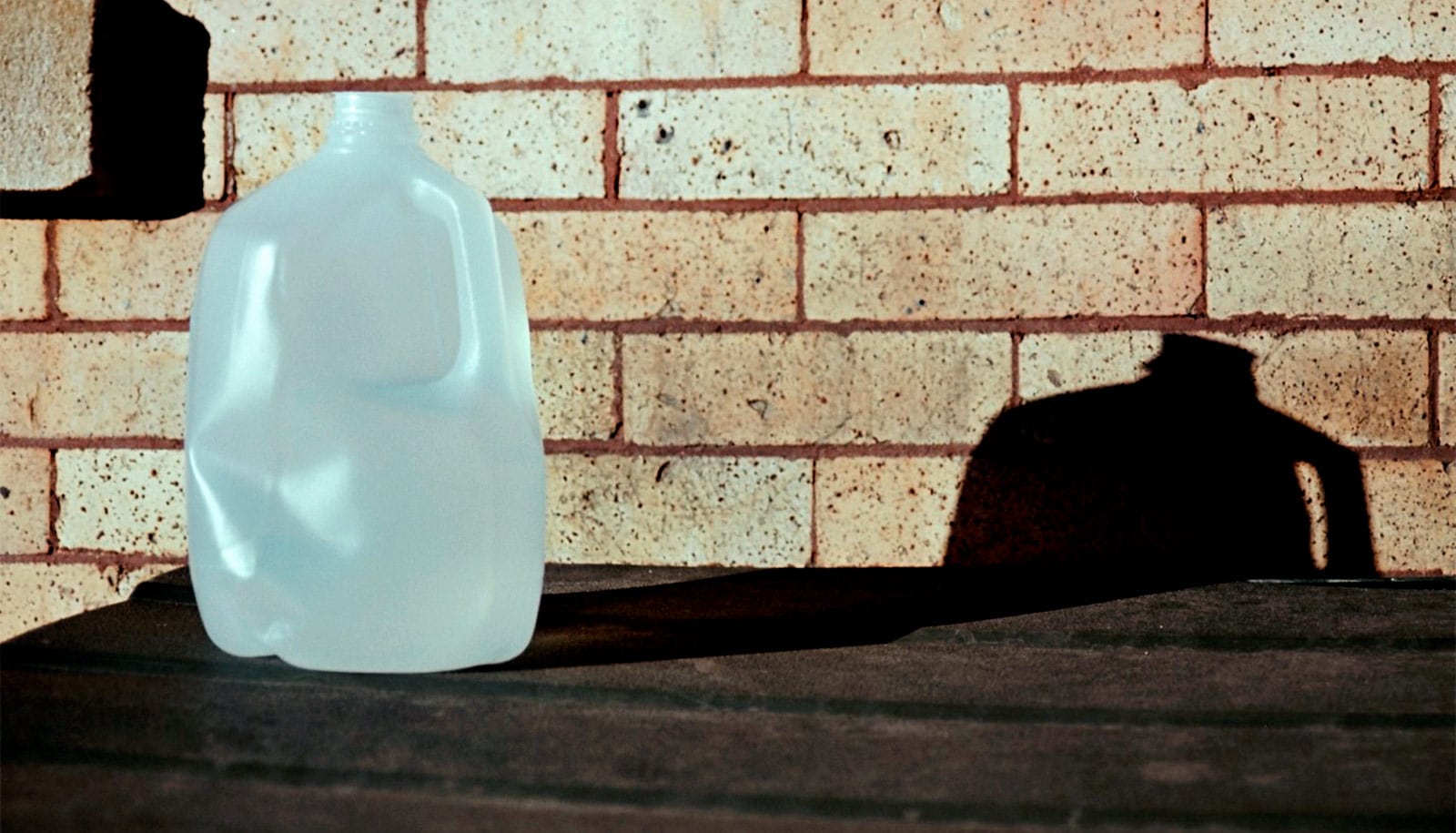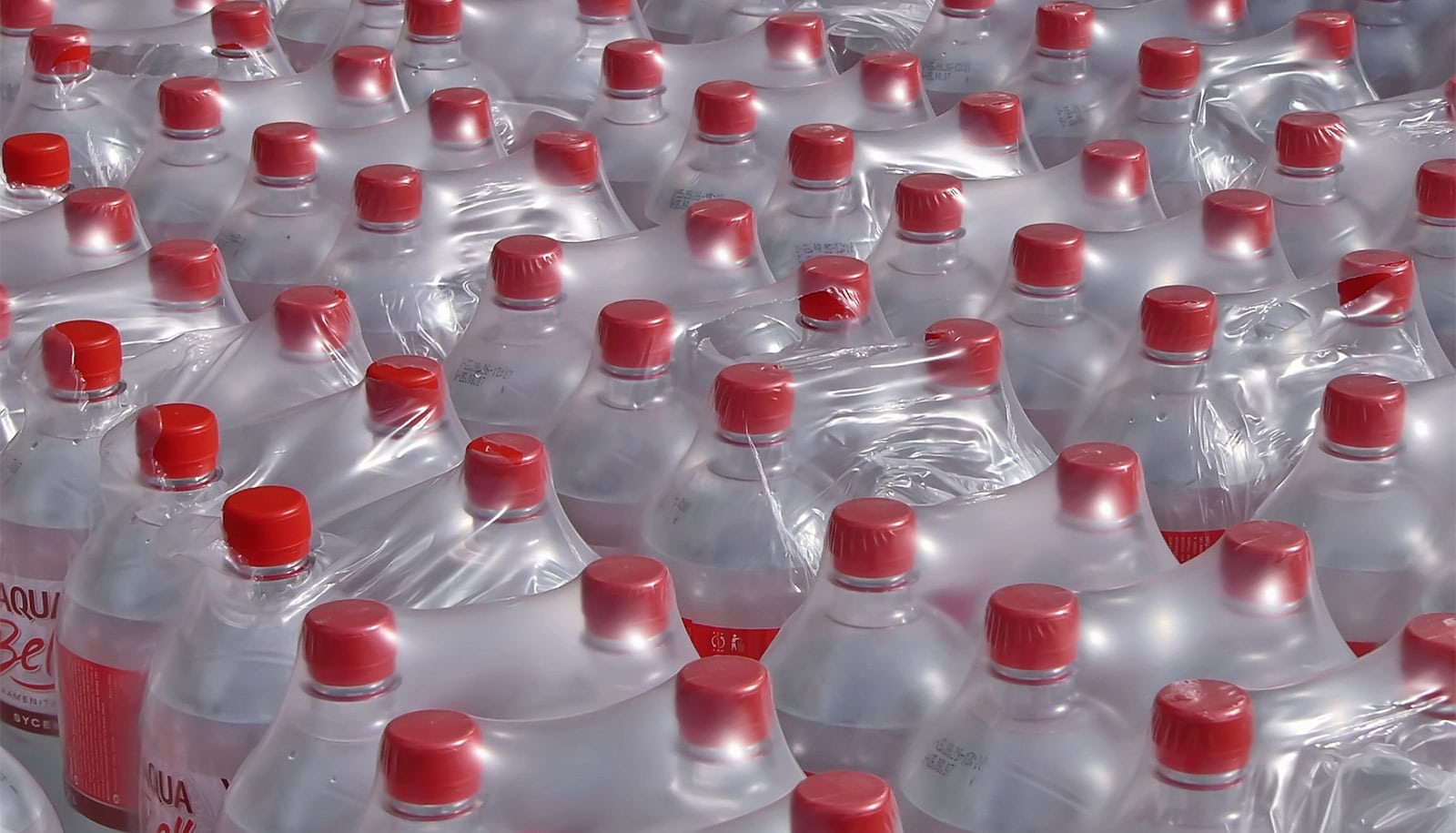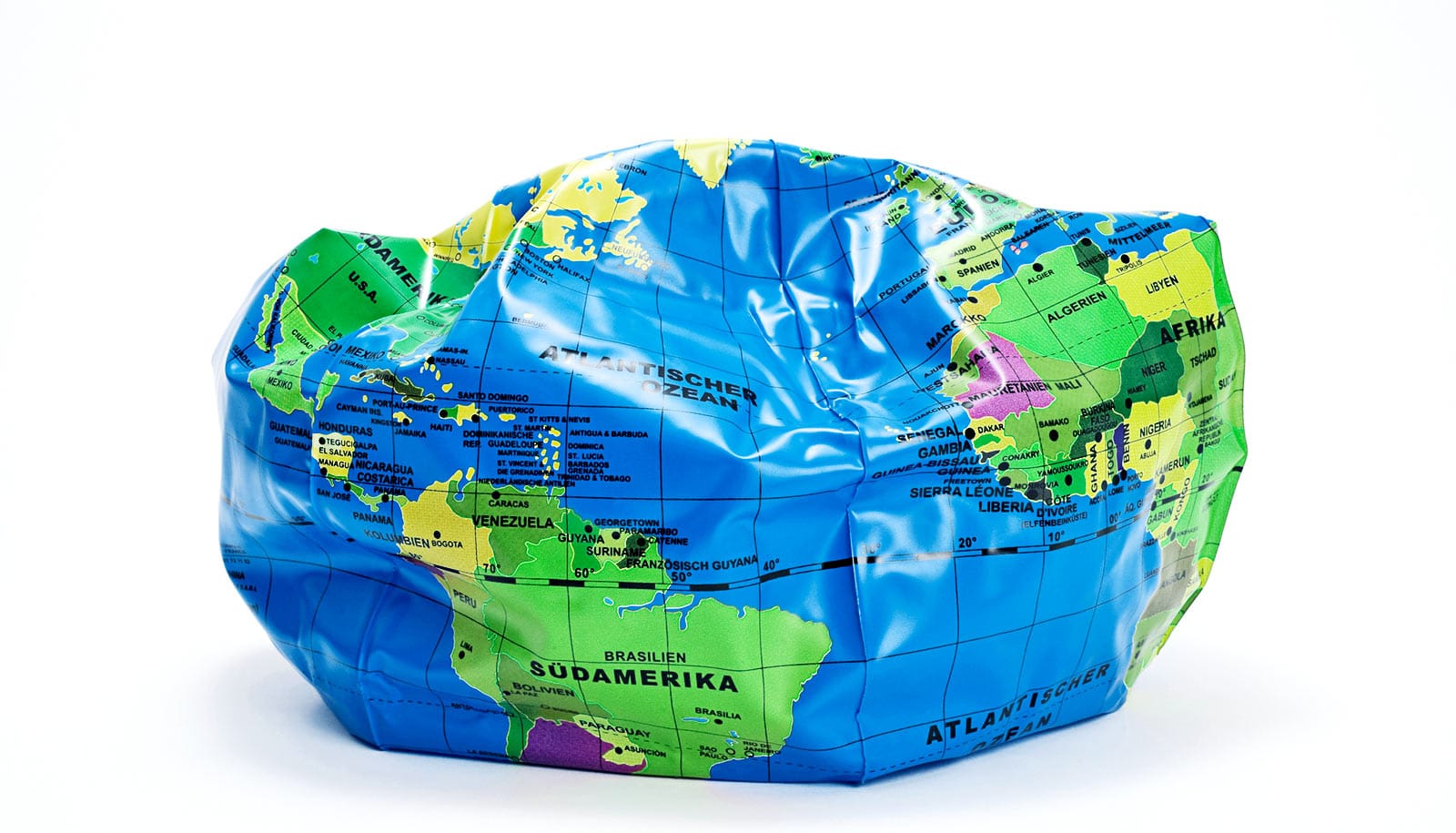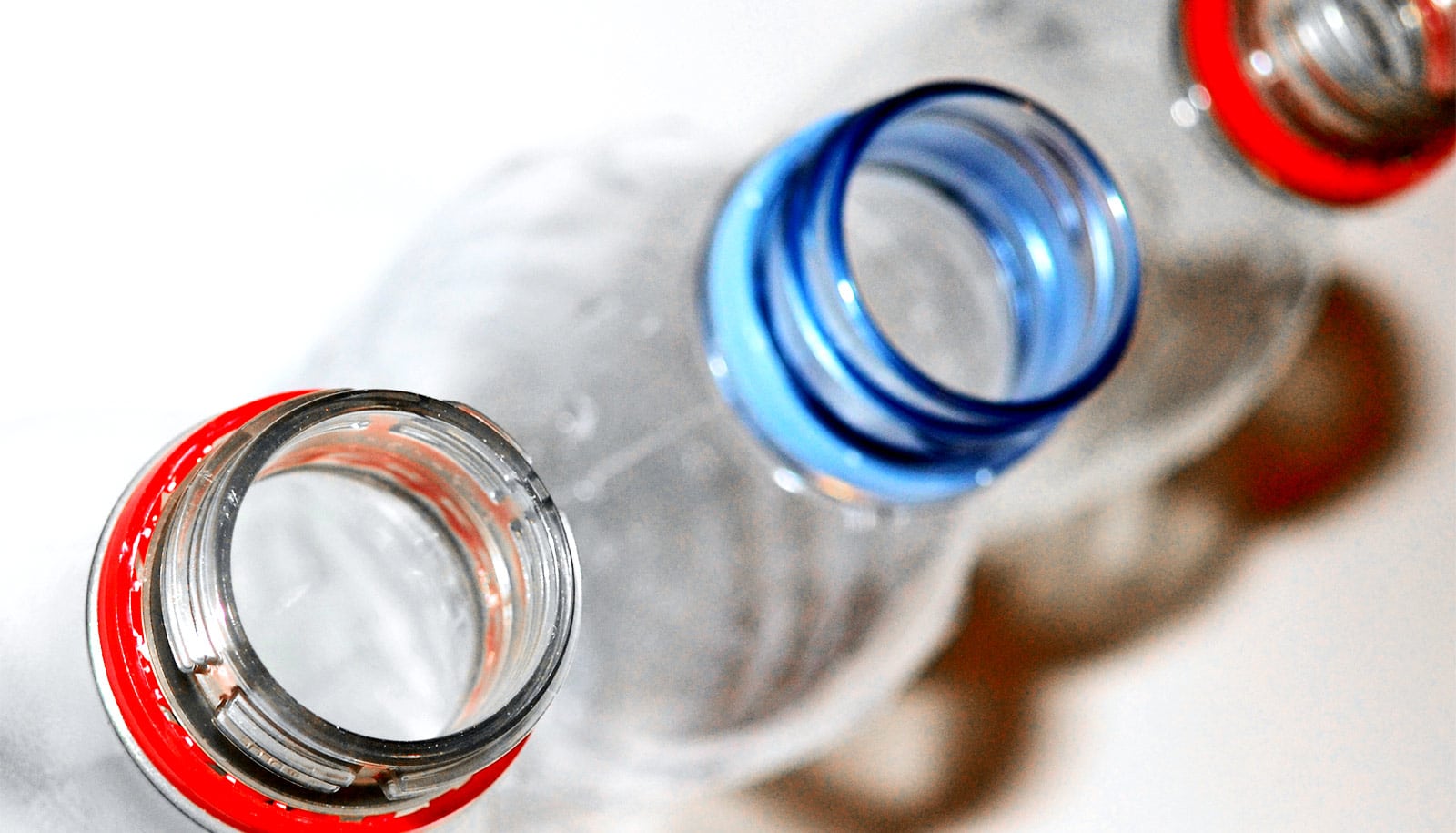Recent studies have found evidence of microplastics in the human body, including the bloodstream and lungs. But that’s not the only way plastic can affect human health.
While studying mosquito-borne viral infections (arboviruses) in Kenya, Desiree LaBeaud and collaborators realized that the mosquitoes were coming from the plastic trash.
“This work has changed me forever,” says LaBeaud, an infectious disease physician, global health researcher, and epidemiologist at Stanford University.
“We recently launched a nonprofit, HERI-Kenya, to try to tackle the plastic pollution crisis by inspiring community education, new research, policy change, and grassroots activism in environmental health issues such as the plastic pollution crisis.”
Here, LeBeaud talks about how worried we should actually be, what each person can do, and more:
How worried should we actually be about the possible effects of plastics on our health?
Very worried! Although there isn’t direct evidence at this time that links microplastics in our bodies to specific health impacts, they likely exist. Plastic is not natural. It was never meant to be part of us.
In addition, the impacts of macroplastic pollution on our health are measurable and significant. I study how plastic waste breeds disease-carrying mosquitoes in our field sites. We can directly link plastic trash to mosquito abundance and human disease. This is on top of the macro effects plastic has on our marine food chains and sustainability.
Finally, most waste in low and lower-middle-income countries is burned (>75% in Sub-Saharan Africa). Plastic, therefore, also contributes to harmful air pollution, which also directly harms human health.
Why are we just learning about the connection between plastic and health now?
Plastic has only been used in abundance since the 1950s. It is now so abundant, it is impossible to ignore the impacts it is having on our planet. We are highly connected to the health of our planet—sick planet means sick people; healthy planet means healthy people. Plastic is harming our precious planet and therefore us.
What can any one person do to address this issue?
I am trying to become as plastic-free as I can in a world that is infiltrated with plastic. I make small choices for me and my family—no press-and-seal plastic bags, no plastic water bottles ever, no single-use plastic, reducing my use of plastic, reusing everything made of plastic as many times as possible and repurposing plastic waste—that add up over time and inspire others to do the same.
Partnering with others who feel and think similarly can be very powerful. This is how we can start revolutions to better our world. One of my favorite quotes is by Margaret Mead and goes, “Never doubt that a small group of thoughtful, committed citizens can change the world; indeed, it’s the only thing that ever has.”
For people who are really unnerved by this news, is there any reason not to panic?
I hate fear mongering, but I have to say no. Don’t feel good about single-use plastic ever!
I heard a podcast recently about the lies oil companies sold us when they marketed that plastic was recyclable—that they never truly intended to recycle it because making virgin products makes more money. The podcast explained that these companies now plan to devote some efforts to sorting and “recycling” more plastic. This is not going to solve the problem.
We need to demand more from billion-dollar industries and make them clean up their waste. This is a problem with both plastic and electronic waste. We need more extended producer responsibility. We need policy changes that force companies that are making billions of dollars in profit to clean up after themselves. We need a revolution.
LaBeaud is a professor of pediatrics at the School of Medicine, a senior fellow at the Woods Institute for the Environment, and a member of Stanford Bio-X and the Maternal & Child Health Research Institute (MCHRI).
Source: Stanford University



